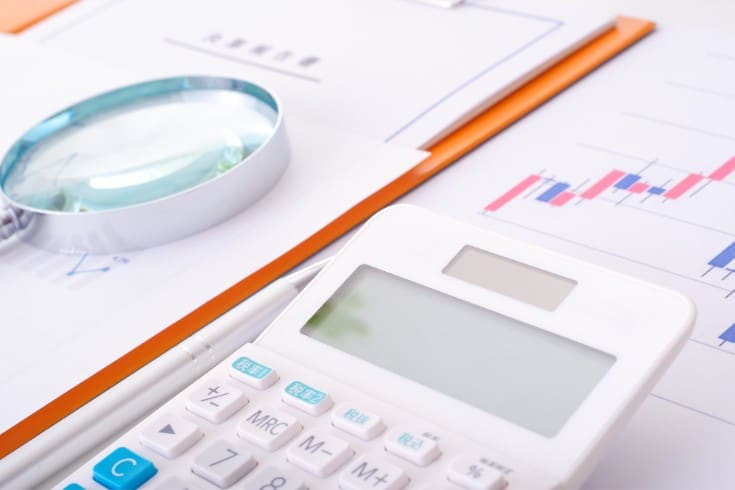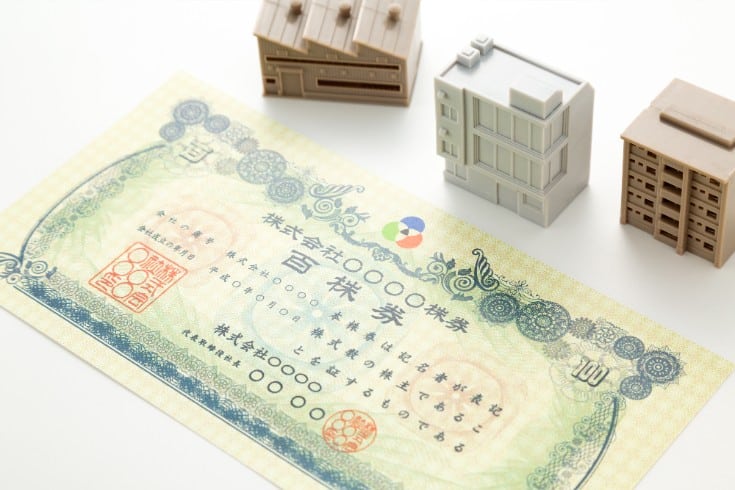Definition of Supplements under the 'Japanese Act of Pharmaceutical and Medical Device' and Advertising Expressions to Take Caution

Many people use supplements to compensate for the nutrients they often lack in their daily lives. Supplements are not only found in drugstores, but are also sold through mail-order programs and magazine advertisements, making them increasingly visible in our everyday lives.
From a regulatory perspective, it is crucial to understand whether a supplement is classified as a medicine or a food when advertising it for sale. If you advertise without this knowledge, you may inadvertently engage in illegal activities, which could result in fines and cause significant losses to your business.
In this article, we will explain the nature of supplements and the key points to be aware of when expressing them in advertisements.
What is the Japanese Pharmaceutical and Medical Device Act?
The Japanese Pharmaceutical and Medical Device Act (PMD Act) is a law that targets pharmaceuticals, medical devices, quasi-drugs, and cosmetics. Its purpose is to improve public health by taking necessary measures such as regulating to ensure the quality, efficacy, and safety of these products, and preventing the occurrence and spread of health hazards (Article 1 of the PMD Act).
Given that pharmaceuticals and similar products have a high potential to affect the user’s body, the PMD Act stipulates regulations for various activities such as manufacturing, sales, and advertising.
Definition of Supplements
As a matter of fact, there is no administrative definition for supplements, and they are generally considered to be “products in tablet or capsule form that contain concentrated specific ingredients”.
Food and drink that people consume orally are divided into “food” and “medicines, etc.” (refer to Article 2, Paragraph 1 of the Japanese Food Safety Basic Act and Article 4, Paragraph 1 of the Japanese Food Sanitation Act). Whether they fall under “medicines, etc.” is determined based on Article 2, Paragraph 1 of the Japanese Pharmaceuticals and Medical Devices Act. Since supplements do not meet the definition of “medicines, etc.”, they are treated strictly as food.
Therefore, the sale and advertising of supplements are not primarily regulated by the Japanese Pharmaceuticals and Medical Devices Act, but are subject to laws such as the Japanese Act against Unjustifiable Premiums and Misleading Representations and the Health Promotion Act.
However, some supplements are shaped like tablets or capsules and have the appearance of medicines. In such cases, they may be considered medicines and subject to the regulations of the Japanese Pharmaceuticals and Medical Devices Act, as will be discussed later.
Difference between Supplements and Health Foods
Like supplements, there is no administrative definition for health foods, and they are generally considered to be “all foods that contribute to the maintenance and promotion of health”. Also, they are classified as “food”, just like supplements.
However, some health foods use the “Foods with Health Claims” system, which allows the display of the functions of ingredients in advertisements. Supplements are classified as “health foods” that do not use the “Foods with Health Claims” system.
For the nature of health foods and the display of advertisements for health foods, please refer to another article.
Difference between Supplements and Medicines
As mentioned earlier, whether a product is classified as a “medicine” is determined based on Article 2, Paragraph 1 of the Japanese Pharmaceuticals and Medical Devices Act, so there is a clear distinction between supplements and medicines.
However, depending on the shape of the product and the display of advertisements, even a food may be considered a medicine, and there is a risk that supplements may also be considered medicines.
As approval or permission from the Minister of Health, Labor and Welfare, etc. is required for the manufacture and sale of medicines, food considered as medicines is manufactured and sold without obtaining these approvals would be called “unapproved and unlicensed medicines”.
If you manufacture or sell medicines without obtaining the appropriate approval or permission, you may be sentenced to imprisonment for up to 3 years or a fine of up to 3 million yen, or both. Therefore, when manufacturing and selling supplements, you must be very careful not to be considered as medicines.
Reasons for Regulating Supplements under the Japanese Pharmaceutical and Medical Device Act
If supplements containing the same ingredients as pharmaceuticals or advertising effects similar to those of pharmaceuticals are allowed, it would be possible to sell products equivalent to pharmaceuticals without approval or permission, bypassing the pharmaceutical approval and licensing system. This would lead to the circulation of products that are not guaranteed for safety by the government.
Such a situation could have various negative effects on the human body and potentially cause health damage. Therefore, products containing the same ingredients as pharmaceuticals or advertising effects that could be mistaken for pharmaceuticals are considered “pharmaceuticals”, and manufacturing or selling such products without approval or permission is subject to severe penalties as mentioned above.
The Ministry of Health, Labour and Welfare’s website includes the following warnings about unapproved and unauthorized pharmaceuticals:
Unapproved and unauthorized pharmaceuticals have not been verified for quality, efficacy, and safety under the Japanese Pharmaceutical and Medical Device Act.
The amount of detected pharmaceutical ingredients may not always be uniform, and there may be cases where the amount that could cause health damage if taken all at once is included.
Furthermore, there is a possibility that they may have been manufactured in unsanitary conditions or methods, and harmful impurities may be included. The reported health damages may not only be due to the detected pharmaceutical ingredients, but also related to such impurities.
(Source: Information on Unapproved and Unauthorized Pharmaceuticals | Ministry of Health, Labour and Welfare)
Points to Note Regarding Advertising Expressions Related to the Japanese Pharmaceutical Affairs Law for Supplements
The key points in determining whether a product such as a supplement is considered a pharmaceutical are:
- Regardless of the efficacy, form, or dosage, if the product contains or is composed of ingredients (listed in the exclusive pharmaceutical ingredients list) that are primarily used in pharmaceuticals, it is generally considered a pharmaceutical.
- Although the product contains or is composed of ingredients that do not fall under the above criterion, it is generally considered a pharmaceutical if it meets any of the following criteria:
① Claims to have pharmaceutical-like effects
② Has a form that is exclusively pharmaceutical, such as an ampoule
③ Its usage or dosage is pharmaceutical-like
(Source: “Guidance and Control of Unauthorized and Unapproved Pharmaceuticals“)
It is important to note that a product can be considered a pharmaceutical not only if it contains ingredients used in pharmaceuticals, but also based on its form and the way its usage or dosage is indicated.
In addition, unauthorized and unapproved pharmaceuticals are subject to advertising regulations under the Japanese Pharmaceutical Affairs Law. Article 68 of the law prohibits advertising the name, manufacturing method, efficacy, and performance of unapproved pharmaceuticals. Violations can result in imprisonment for up to two years or a fine of up to 2 million yen, or both. There is also a risk of receiving administrative orders such as an order to stop advertising or an order to prevent recurrence.
Conclusion: Lawyers Consults are Essential for Supplement Advertisements to Consider the ‘Japanese Act of Pharmaceutical and Medical Device’
As such, even if you intend to manufacture and sell supplements, there is a possibility that they may be considered “medicines” due to the ingredients used, the shape of the product, and the way they are advertised. If this happens, it could lead to significant losses to your business, such as the suspension of manufacturing and the collection of fines for violations of advertising regulations.
If you have any concerns when manufacturing and selling supplements or creating advertisements, it is advisable to consult with a lawyer who is familiar with the Japanese Pharmaceutical Affairs Law.
Legal checks and suggestions for rewriting expressions in advertisements for supplements and other products are highly specialized areas. Monolis Law Firm has formed a Pharmaceutical Affairs Law team to handle article checks for a variety of products, from supplements to medicines.
Introduction to Our Firm’s Measures
Monolith Law Firm is a legal office with extensive experience in both IT, particularly the internet, and law. We provide services such as legal checks of articles and landing pages, creation of guidelines, and sampling checks for various entities including media operators, review site operators, advertising agencies, direct-to-consumer (D2C) businesses such as supplements, cosmetic manufacturers, clinics, and Application Service Provider (ASP) businesses.
Category: General Corporate





















